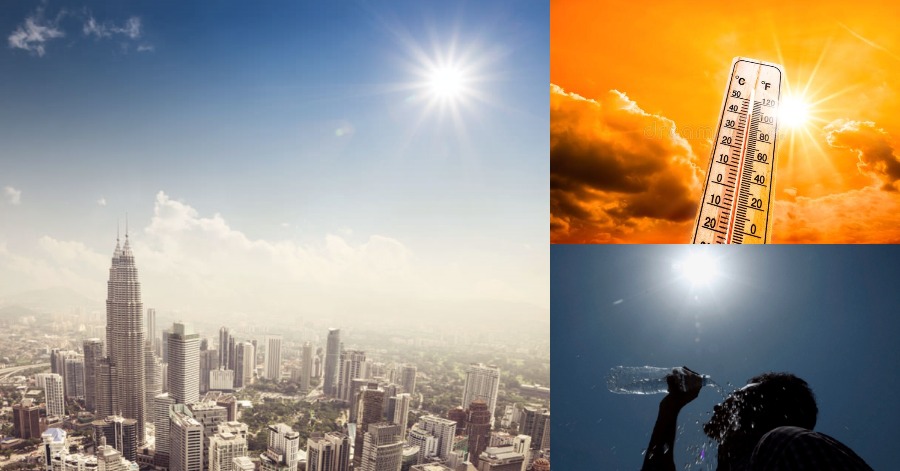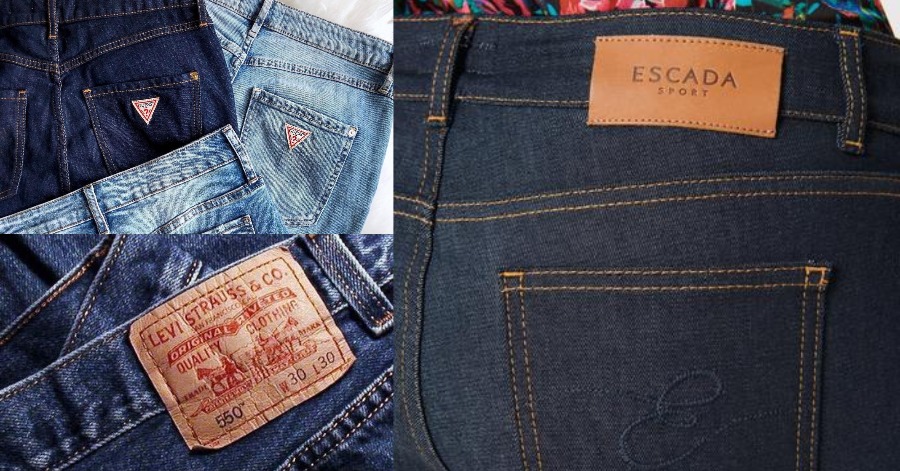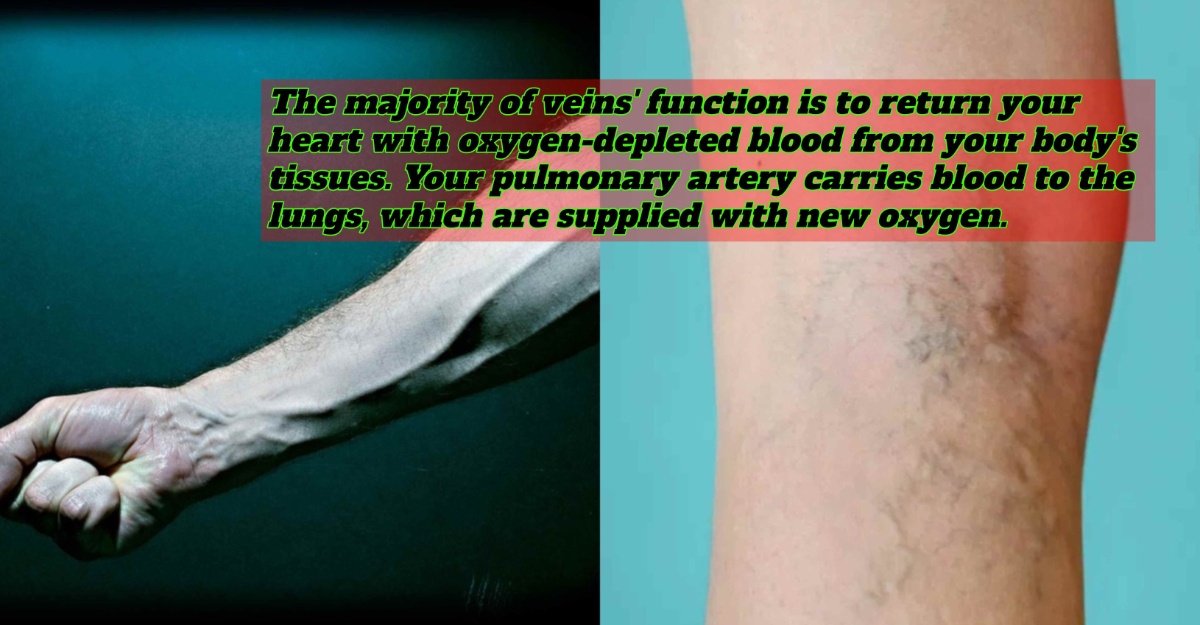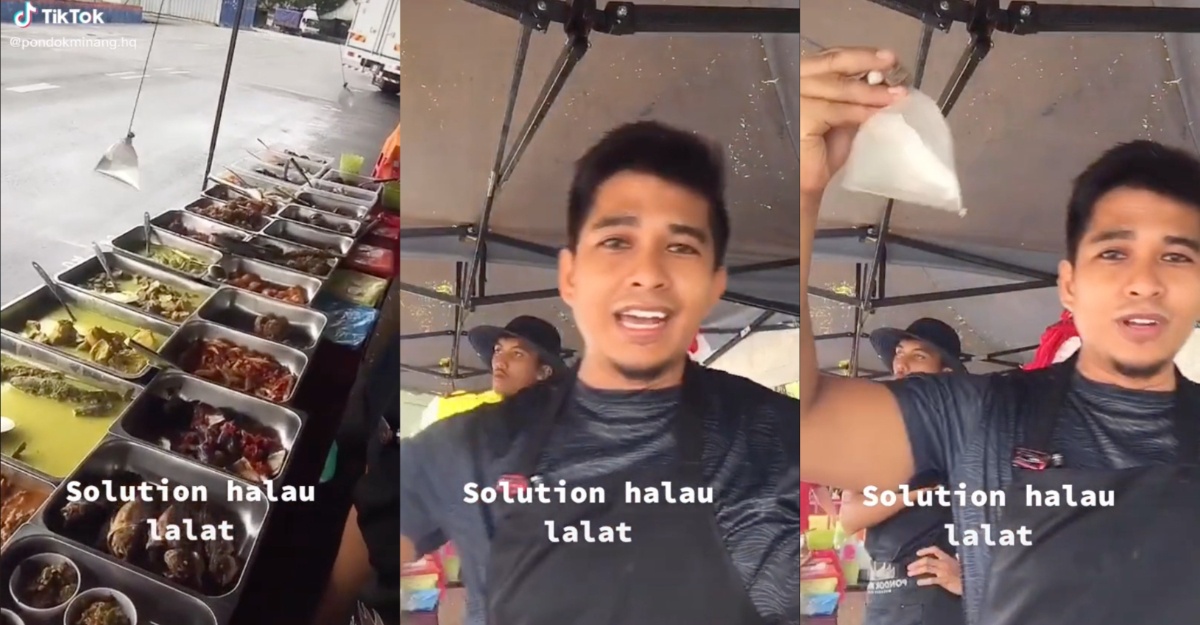Heatwaves are happening again. Much like other natural disasters, heatwaves can be very dangerous. This is because high temperatures could kill hundreds of people every year. A heatwave is actually a prolonged period of unusually high temperatures for a region. To be considered a heatwave, the temperatures have to be outside the historical averages for a given area. That said, a heatwave typically could be lasting for 2, 3, or even more days.
Heatwaves happen when there is trapped air that will feel like the inside of an oven. Usually, the culprit would be a high-pressure system that forces air downward. This force prevents air near the ground from rising. The sinking air acts like a cap. It traps warm ground air in place. Without rising air, there was no rain, and nothing to prevent the hot air from getting hotter. To survive this, these are 5 ways that anyone could do even without the air-conditioning.

1) Take Advantage Of The Cooling Power Of Water
Fill buckets or basins and soak your feet. Wet towels and bandannas can have a cooling effect when worn on the shoulders or head. Take cool showers or baths, and consider using a spray bottle filled with cold water for refreshing spritzes throughout the day.
2) Eliminate Extra Sources Of Heat
Incandescent light bulbs can generate unnecessary heat, as can computers or appliances left running. Eat fresh foods that do not require you to use the oven or stove to prepare.
3) Use Box Fans And Ceiling Fans To Promote Air Circulation Throughout Your Home
Opening doors in the house and using box fans to push hot air outdoors can function as an “exhaust” system and draw cooler evening air into the house. In the cooler evenings, open all windows and promote as much air circulation as possible. When the sun rises, close all doors and windows, making sure to close curtains and blinds as well, to keep the indoors cool for as long as possible. When the outside air cools to a lower temperature than inside, usually in the evenings or at night, open up the windows and turn on the fans again.
4) Remember To Maintain An Adequate Level Of Hydration
This means you’ll need to consume more water than you usually do when it’s hot. If you’re sweating profusely, you will also need to replace electrolytes by eating a small amount of food with your water or by drinking specially-formulated electrolyte replacement drinks. Thirst is the first sign of dehydration, you should drink sufficient amounts of fluids before you feel thirsty in order to prevent dehydration.
5) Don’t Eat Large, Protein-Rich Meals
That can increase metabolic heat and warm the body.
Sources: MedicineNet.









Leave a Comment